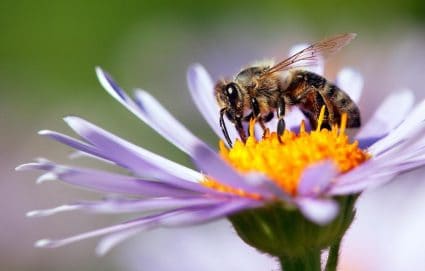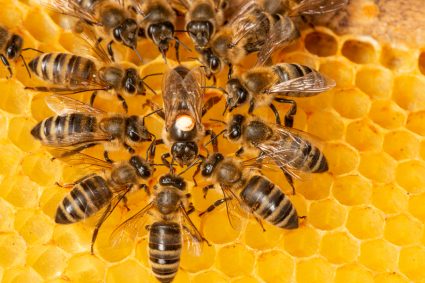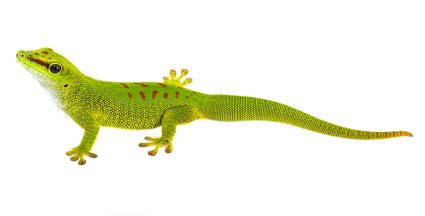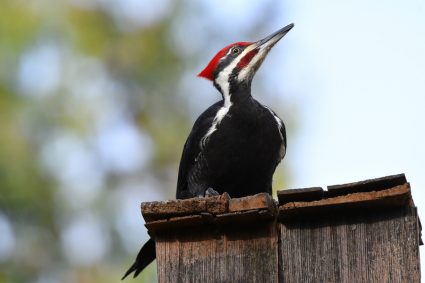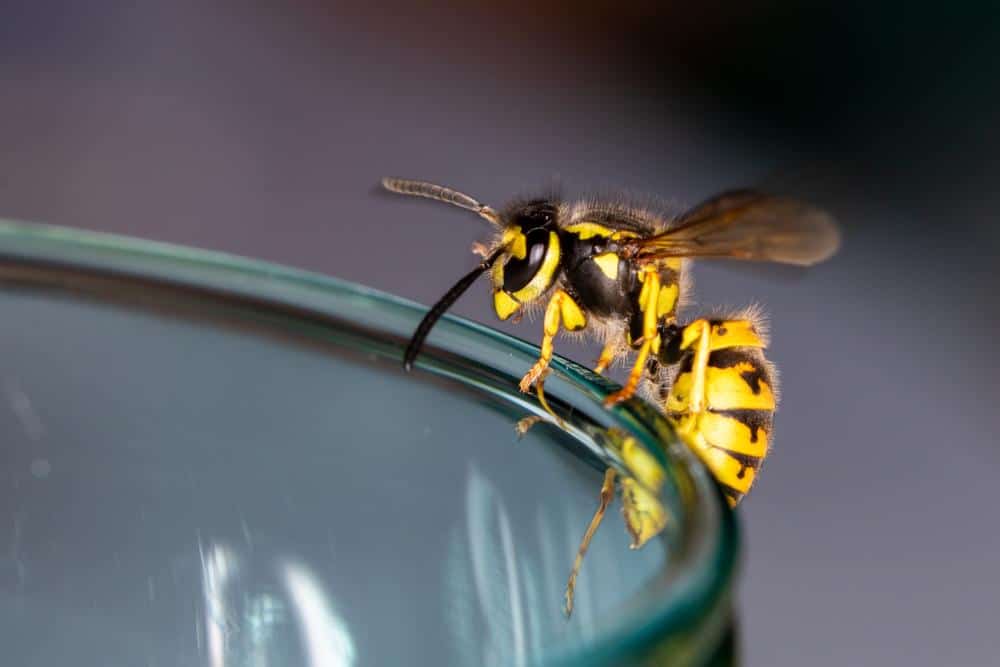
While wasp sprays are a common and effective solution for eliminating adult wasps, many people wonder about their effectiveness on wasp eggs. In this comprehensive guide, we explore the effectiveness of wasp sprays on eggs, the science behind how they work, potential harmful effects, and alternative methods of controlling wasp populations.
Wasp sprays are primarily designed to kill adult wasps and larvae on contact. Their effectiveness on wasp eggs is less certain, as the spray may not penetrate deep enough into the nest to reach and kill the eggs. However, thoroughly saturating the nest with the insecticide can increase the chances of reaching the eggs. It’s important to note that controlling wasp populations may require a combination of methods, not just wasp sprays.
How Does Wasp Spray Work on Wasp Eggs?
Wasp sprays, such as those containing pyrethroids and pyrethrins, are designed to kill adult wasps and larvae on contact. They work by disrupting the wasp’s nervous system, causing paralysis, and eventually death. However, their effectiveness on wasp eggs is less certain.
Wasp sprays may not penetrate deep enough into the nest to reach and kill the eggs, especially if the nest is hidden or located some distance from the entrance. This is why it’s essential to thoroughly saturate the nest with the insecticide, ensuring that the chemicals can penetrate the nest and reach the eggs.
The Science Behind Wasp Sprays
The chemical composition of wasp sprays plays a crucial role in their effectiveness. Most wasp sprays contain insecticides such as pyrethrins, piperonyl butoxide, carbaryl, and petroleum distillates. These chemicals target the nervous system of insects, leading to paralysis and eventually death.
However, the effectiveness of the spray on wasp eggs depends on several factors, such as the type of wasp species, the location of the nest, and the ability of the spray to penetrate the nest and reach the eggs.
Potential Harmful Effects of Wasp Sprays
Wasp sprays are toxic to aquatic organisms, including fish and invertebrates, and should not be applied directly to water. They can also be hazardous to humans, animals, and the environment due to their toxicity. It’s essential to follow the instructions on the label and take necessary precautions to minimize exposure to humans, animals, and the environment.
Alternatives to Wasp Spray for Controlling Wasp Populations
If you’re looking for alternatives to wasp spray, there are several options available. These include natural home remedies, trapping, physical/mechanical control, biological control, conservation of natural enemies, sealing entry points, decoy plants, and maintaining cleanliness.
Each of these methods has its benefits and drawbacks, so it’s important to choose the one that best suits your needs and situation.
Conclusion
While wasp sprays can be effective in killing adult wasps and larvae, their effectiveness on wasp eggs is less certain. To effectively control wasp populations, it may be necessary to use a combination of methods, including wasp sprays, other forms of insecticides, and alternative methods of control.
Remember to always follow safety precautions when using wasp sprays or other insecticides, and consider consulting a professional if you’re dealing with a large infestation or feel unsure about handling the situation yourself. With the right approach, you can effectively control wasp populations and keep your home and garden wasp-free.
Frequently Asked Questions
What are some natural home remedies for controlling wasp populations?
Some natural home remedies for controlling wasps include using essential oils like peppermint or citrus, which are known to deter wasps. Another common method is the use of vinegar and sugar traps. However, these methods may not be as effective as commercial wasp sprays or professional pest control services.
Is it safe to use wasp spray indoors?
While wasp sprays can be used indoors, it’s important to ensure adequate ventilation due to the strong fumes. Also, avoid spraying on surfaces where food is prepared or where children and pets have access. Always follow the manufacturer’s instructions for safe use.
Are there eco-friendly alternatives to wasp spray?
Yes, there are eco-friendly alternatives to wasp sprays. These include traps, natural repellents like essential oils, and biological control methods such as the use of predatory insects. However, their effectiveness may vary depending on the severity and location of the infestation.
What is the best time to spray a wasp nest?
The best time to spray a wasp nest is at night or early morning when the wasps are less active. This reduces the risk of being stung during the application.
How often should I apply wasp spray to a nest?
This depends on the size and location of the nest, but in general, you should continue to apply the spray until there is no more wasp activity. Always follow the instructions on the product label for best results.

